Course Summary
In this in-person presentation participants will be introduced to an evidence-informed review of what is known from a scientific perspective about the possible mechanism of dry needling.
Upcoming Courses
Interested in attending? Have a suggestion about running this event near you?
Register your interest now
Course Summary
In this in-person presentation participants will be introduced to an evidence-informed review of what is known from a scientific perspective about the possible mechanism of dry needling.
Expand all
Full Course Description
Although dry needling is gaining much in popularity among physical therapists, there is a rise in unsubstantiated claims about the underlying mechanisms of dry needling and its effectiveness.
At the same time, several new, innovative, and research-supported applications of dry needling are emerging on the world stage, such as
- dry needling for the treatment of peripheral neuropathic diabetic ulcers
- dry needling for treating painful and movement-restricting scars
- dry needling for improving corticospinal connectivity following a CVA,
- dry needling for enthesopathies and tendinopathies, and
- dry needling intramuscular electrical stimulation (IMES), among others.
In this educational session, participants will be introduced to an evidence-informed review of what is known from a scientific perspective about the possible mechanism of dry needling. We will explore potential biases and other pitfalls. We will also introduce some of the newer applications of dry needling though lectures and demonstrations.
During the dry needling demonstration, participants will observe and explore scar tissue dry needling with guidelines to apply scar tissue needling immediately into clinical practice.
Prerequisites
No prerequisites required.
Course Schedule
|
3-hour educational session |
|
1st hour: Current state and misconceptions about dry needling |
|
2nd hour: New and innovative dry needling approaches |
|
3rd hour: Demonstration scar tissue dry needling |
Who Should Attend
For Practicing Clinicians
-
Physical Therapists
-
Physicians and Doctors
-
Chiropractors
-
Dentists
-
Veterinarians
-
Physician Assistants
-
Occupational Therapists
-
Occupational Therapy Assistants
-
Athletic Trainers
-
Nurses and Nurse Practitioners
-
Acupuncturists (NOTE: The NCCAOM or the California Board of Acupuncture has not approved this course series. The NCCAOM and the California Board of Acupuncture have only approved the TrP Acupuncture / DN course series.
Course CEUs
CEU's pending in Michigan and Maryland
Course Objectives
At the conclusion of this educational activity, participants will be able to:
- Describe several common misconceptions about the underlying mechanisms of dry needlng
- Describe four new and innovative dry needling approaches
- Use dry needling for the treatment of painful and movement-restricting scars
